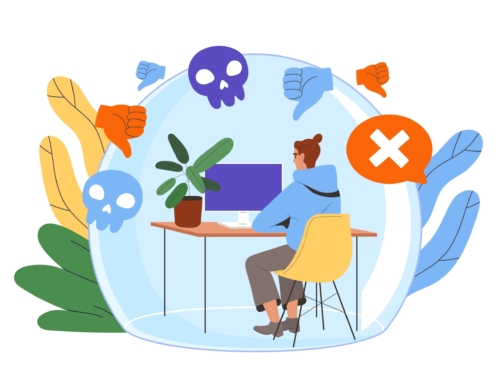In today’s dynamic workplace, the emphasis on safety has extended beyond physical measures to include the psychological well-being of employees. The recent updates in Australia’s Worksafe laws and regulations underscore the growing recognition of psychosocial hazards—elements in the workplace that pose risks to mental health. While compliance and procedural changes are integral, the role of leadership in addressing these hazards is paramount. At the heart of this leadership is an often underestimated but essential asset: soft skills.
The Essence of Psychosocial Hazards
Psychosocial hazards include factors like workplace bullying, excessive workloads, lack of autonomy, and unclear role expectations. Left unaddressed, these hazards can lead to stress, anxiety, and burnout, significantly affecting productivity and workplace morale. Australia’s regulatory framework now demands that organisations actively manage these risks, putting pressure on leaders to evolve their management styles.
Why Soft Skills Matter
Soft skills encompass interpersonal and emotional intelligence capabilities that enable leaders to connect with their teams, build trust, and foster a supportive work environment. Unlike technical or hard skills, soft skills focus on understanding and addressing the human element in the workplace.
Key soft skills crucial for managing psychosocial hazards include:
- Empathy: Understanding and valuing employees’ emotional experiences to create a sense of belonging.
- Communication: Encouraging open dialogue to identify stressors and collaboratively address them.
- Conflict Resolution: Effectively mediating disputes to maintain harmony and prevent escalation.
- Adaptability: Remaining flexible in leadership approaches to meet diverse team needs.
- Problem-Solving: Proactively identifying and mitigating psychosocial risks through innovative solutions.
Leadership’s Role under the New Worksafe Laws
The updated laws emphasise the organisational responsibility to identify and manage psychosocial risks, integrating these into workplace safety management systems. Leaders with strong soft skills can navigate these requirements effectively by:
- Creating an Inclusive Culture: Fostering an environment where employees feel safe to voice concerns without fear of retaliation.
- Proactively Identifying Risks: Regularly engaging with teams to uncover hidden stressors or systemic issues.
- Providing Training and Support: Equipping managers with the tools to recognise and address psychosocial hazards.
- Role Modelling Behaviour: Demonstrating resilience, inclusivity, and respect, thereby setting a standard for workplace interactions.
The Business Case for Soft Skills Leadership
Organisations that prioritise soft skills leadership often see tangible benefits:
- Reduced Turnover: Employees are more likely to remain in supportive, empathetic environments.
- Enhanced Productivity: A psychologically safe workplace enables employees to focus and thrive.
- Stronger Reputation: Companies known for valuing mental health attract top talent and enjoy positive brand equity.
- Regulatory Compliance: Addressing psychosocial risks aligns with legal requirements, reducing the risk of penalties.
Cultivating Soft Skills in Leadership
Developing soft skills requires intentional effort and investment. Practical steps include:
- Training Programs: Structured workshops focused on emotional intelligence, communication, and conflict resolution.
- Feedback Mechanisms: Encouraging 360-degree feedback to identify growth areas.
- Mentorship Initiatives: Pairing leaders with mentors skilled in managing psychosocial hazards.
- Self-Reflection Practices: Promoting mindfulness and self-awareness to enhance empathy and decision-making.
Conclusion
The management of psychosocial hazards under Australia’s new Worksafe laws is not merely a compliance task but an opportunity to redefine workplace leadership. By embracing soft skills, leaders can not only meet legal standards but also foster a workplace culture that prioritises mental well-being, engagement, and productivity. In this evolving landscape, the most successful organisations will be those that recognise the power of human-centered leadership and invest in the soft skills of their leaders.














Dr Susan Roberts says: